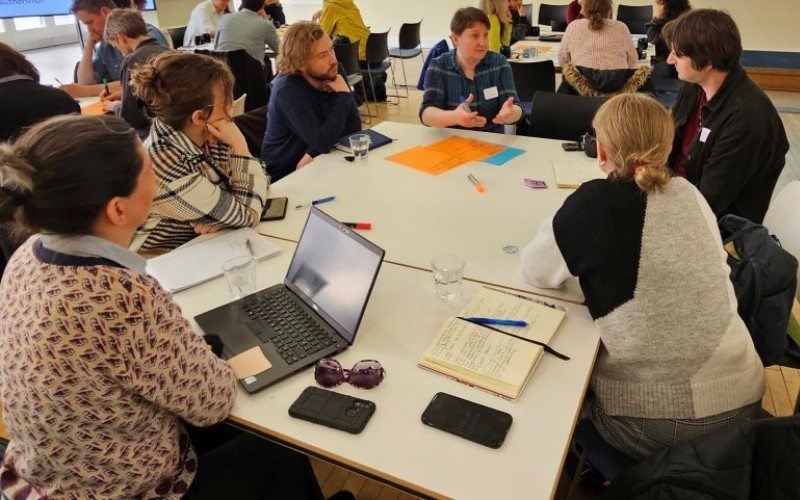Citizen Science
Why use Citizen Science?
Citizen science:
- Enables thousands of ordinary people globally to become actively involved in research by contributing to or leading research and providing or analysing data that can be used.
- Facilitates investigations that might not otherwise be possible. It might lead to a discovery that research groups or teams cannot achieve alone.
- Brings numerous benefits to individuals, groups, communities, project leaders and researchers alike.
- Increases awareness of issues in society and enables people to develop new skills e.g. in technology, science, research, or community organisation.
- Makes researchers more aware of concerns and problems of communities in London, the UK and around the world, and makes research more socially relevant.
As a researcher, what are the advantages of adopting Citizen Science in my project?
As a researcher, academic or project leader, opening your research processes to the public can help you to:
- Enhance your research findings
By opening the process of knowledge creation beyond academia, citizen science allows you to include the knowledge of ordinary people, in the research process. Input from non-experts can provide unexpected insights that can develop into new research questions or new policies.
- Engage voices that are missing from research
Using a citizen science approach enables you to work with people from all walks of life (including people without any formal training or education) that you might not otherwise would not work, for example, BAME or marginalised groups in society. In this way, citizen science is a great way to make your research more accessible to a wider audience and increase its reach.
- Expand the scope and coverage of your project more quickly
Public participation may allow you to investigate your research questions more deeply and on a much larger scale. Using the internet and technology, collecting large samples of data remotely is possible. Engaging interested citizens in the collection and analysis of your data enables you to create larger data sets and complete labour-intensive tasks much faster and more efficiently.
- Create an impact
If the purpose of your research is to make a social difference, adopting a citizen science approach in your project makes a clear statement that you care about the impact of your research on society and how it works for ordinary people.
- Access resources that would be very difficult to reach otherwise
Resources that are hard to reach include people's phones, computers or even gardens. According to Caren Cooper, North Carolina State University, the “backyard” is the most inaccessible place for science as you would need to negotiate with people for a long time about how to get into their homes and/or gardens. If people participate actively in research, these areas are very accessible.
- Enhance your engagement with society
As citizen science allows research projects to use large and varied data sets collected by citizens, it would enhance your engagement with society. In this way, you can strengthen bonds with local communities, schools, and local governments.
What are we doing at UCL?
At UCL, there is a long history of public participation in research (going back to the 1980s) but there has been clear growth over the past decade, as you can see from citizen science projects at UCL.
- The UCL Office for Open Science and Scholarship is working with colleagues across the university to raise awareness of citizen science approaches and activities, with the aim of building a support service and a community around citizen science.
- We aim to bring together project leaders who are undertaking citizen science or participatory research projects, to share good practice and experiences with each other, and support others at UCL to do the same.
- The plan is to coordinate citizen science training/knowledge sharing events and create a library of resources to support citizen science activities in different contexts and disciplines across the university.
- The UCL Office for Open Science and Scholarship and the Institute for Global Prosperity have designed the UCL Citizen Science Certificate, a high-quality, non-academic certification awarded to individuals who complete a training programme as part of the UCL Citizen Science Academy. The Certificate is a recognition of research abilities developed through participation in active research projects.
 Close
Close





